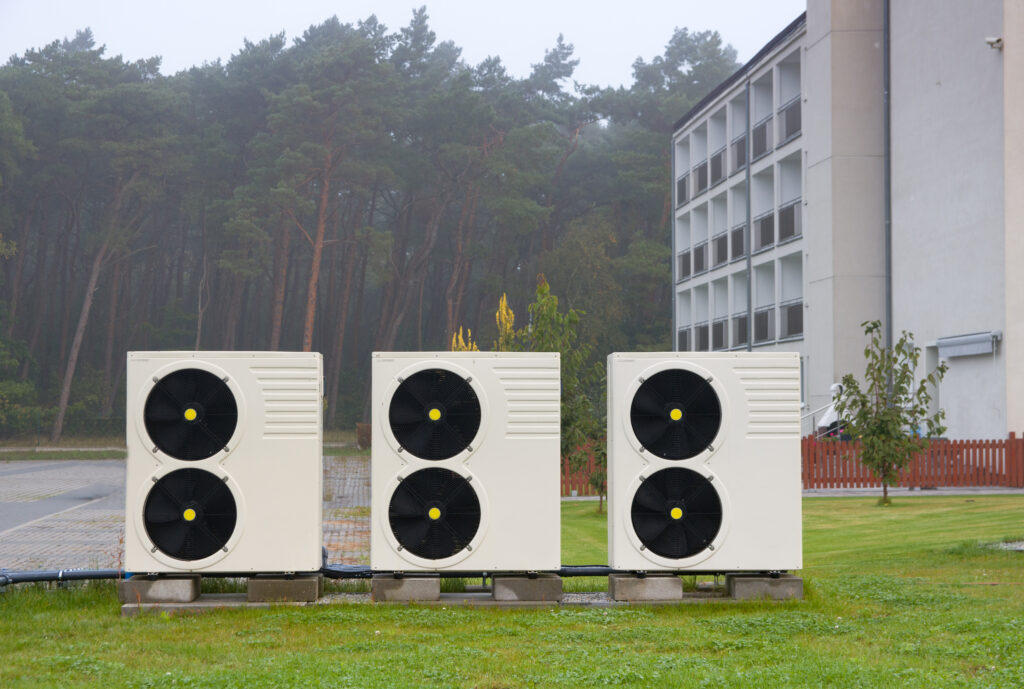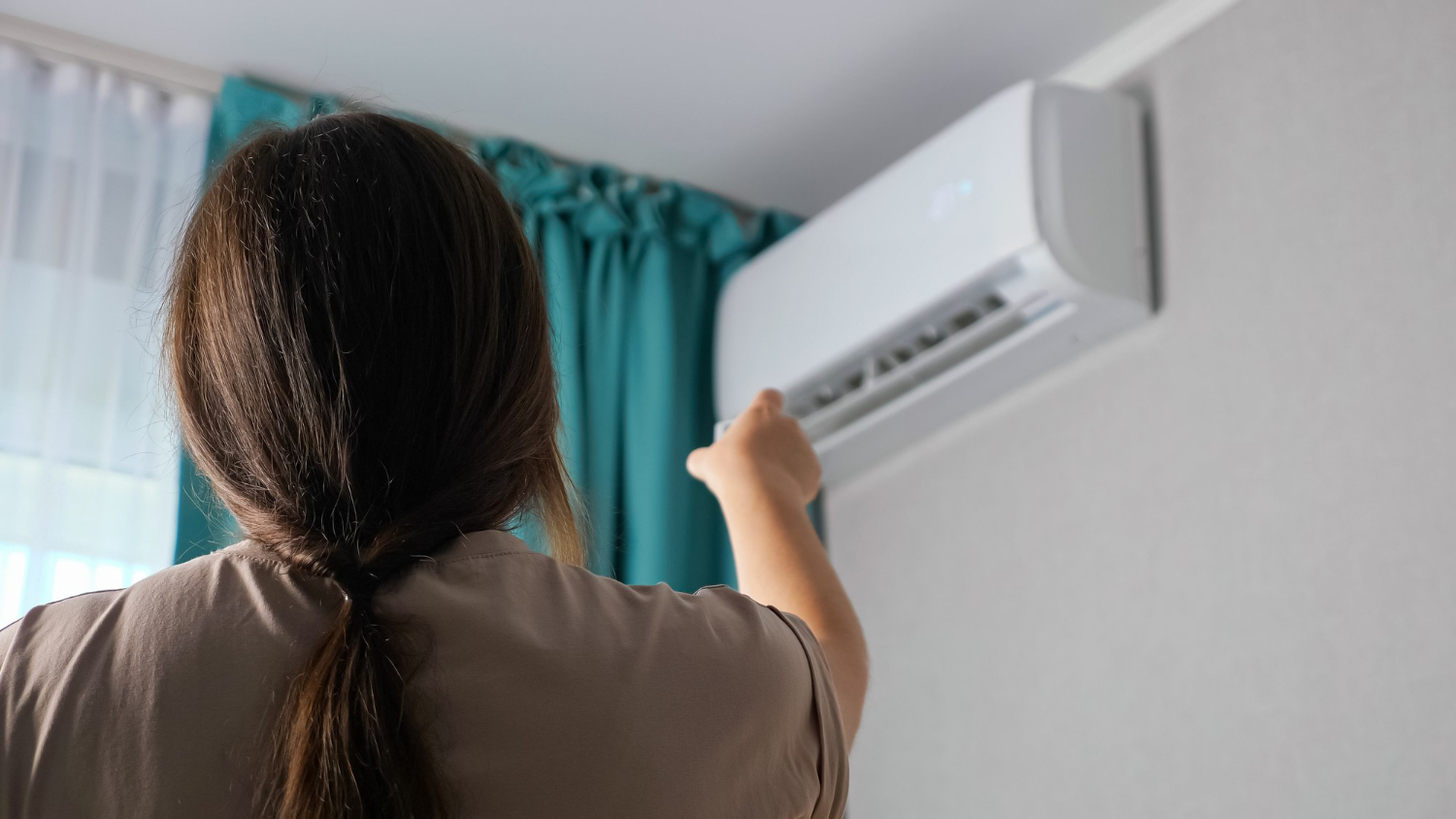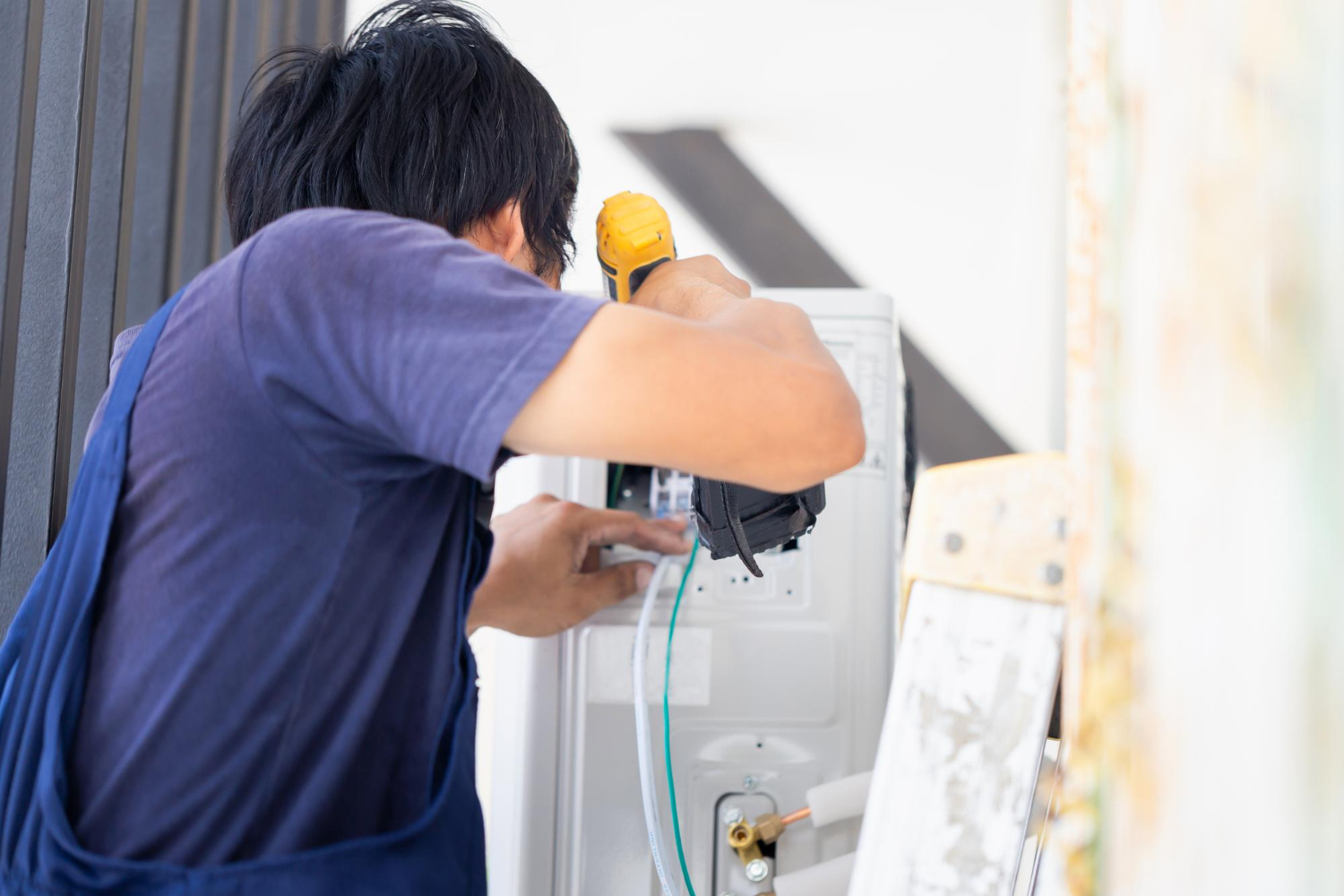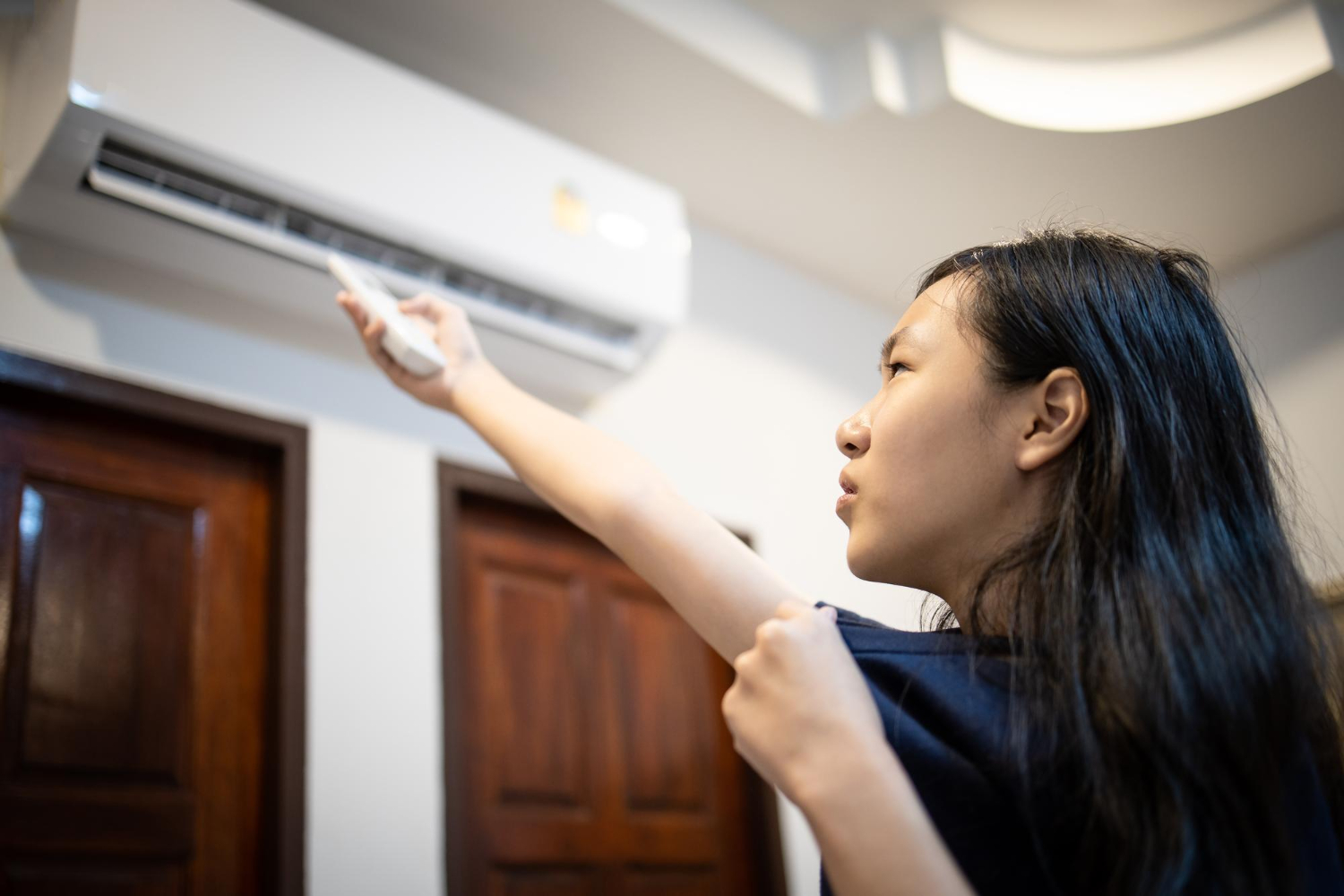Heat pump technology offers a versatile and energy-efficient solution for maintaining a comfortable climate in residential, commercial, light commercial, and multi-family buildings. As more property owners seek environmentally friendly and cost-effective ways to heat and cool their spaces, heat pump systems have rapidly gained popularity for their numerous benefits and potential energy savings.
Heat pumps function by transferring heat from one area to another rather than producing heat through combustion or electric resistance. This process results in highly efficient heating and cooling that can save you money on utility bills while reducing your carbon footprint.
Heat pump systems also offer a wide range of applications, making them suitable for various property types, including new constructions. Whether you’re looking to upgrade your existing HVAC system, build energy-efficient properties, or simply enhance the comfort of your living or working environment, heat pumps can provide a versatile and effective solution.
By understanding the basics of heat pump technology and how they can benefit your property, you can make informed decisions about your heating and cooling needs. If you’re considering upgrading your current system or want to explore the possibilities of incorporating heat pump technology into your property, our professionals are here to help. Join ADI Heating & Air as we provide an overview of heat pump technology, explain how these systems work, and discuss why they might be the perfect heating and cooling solution for your home or business.
How Heat Pumps Work
Heat pumps function by transferring heat from one area to another rather than producing heat through combustion or electric resistance. This process results in highly efficient heating and cooling that can save you money on utility bills while reducing your carbon footprint. During the winter months, heat pumps extract warmth from the outside air or ground and move it indoors to raise the temperature of your property. In the summer, the process reverses; the system extracts heat from your indoor air and expels it outdoors, effectively cooling your space.
Types of Heat Pumps
1. Air-Source Heat Pumps
Air-source heat pumps are the most common type, and they transfer heat between your property and the outside air. These systems can effectively heat and cool buildings in a wide range of climates and are an excellent choice for most residential and commercial applications. Some air-source heat pumps also include a supplemental heating element for particularly cold days.
2. Ground-Source (Geothermal) Heat Pumps
Ground-source or geothermal heat pumps utilize the stable temperatures found underground to provide heating and cooling. These systems are more expensive to install than air-source heat pumps, but they offer increased efficiency, longer service life, and can be used for both heating and cooling your property. Geothermal heat pumps are an excellent choice for new constructions or properties with ample outdoor space for installation.
3. Ductless Mini-Split Heat Pumps
Ductless mini-split heat pumps are perfect for properties without existing ductwork or in situations where you want to control the temperature of individual rooms separately. These systems use an outdoor compressor unit connected to multiple indoor air handlers, providing precise temperature control and efficient operation.
Benefits of Installing a Heat Pump in Your Property
Energy Efficiency and Cost Savings
One of the key advantages of heat pumps is their eco-friendliness. Because they transfer heat rather than generating it, these systems use significantly less energy than traditional heating and cooling methods, resulting in lower greenhouse gas emissions. Additionally, heat pumps can operate on electricity, solar, or geothermal energy, further increasing their potential for sustainability and energy savings.
Enhanced Comfort and Climate Control
Heat pump systems offer consistent and reliable heating and cooling throughout your property. In addition to maintaining comfortable temperatures, they also provide a steady flow of air, preventing drafts or hot and cold spots. With a heat pump, you can enjoy a consistently pleasant environment in your home or business year-round.
Flexible Installation Options
Heat pumps come in various sizes, types, and configurations, making them suitable for a wide range of installation scenarios. Whether you have limited outdoor space, no ductwork, or specific aesthetic preferences, there is likely a heat pump solution that fits your needs.
Low Maintenance and Longevity
Heat pumps tend to have fewer moving parts than traditional HVAC systems, resulting in less wear and tear. This means they often require less maintenance and boast a longer service life, potentially saving you money on repair costs and replacements.
Conclusion
By understanding the basics of heat pump technology and how they can benefit your property, you can make informed decisions about your heating and cooling needs. Heat pumps offer an efficient, reliable, and environmentally friendly solution for a variety of property types, including new constructions. If you’re considering upgrading your current system or would like to explore the possibilities of incorporating heat pump technology into your property, our professionals at ADI Heating & Air are here to help. Reach out to us to learn more about our heat pump services in Olney, MD, and find the best solution tailored to your needs.












